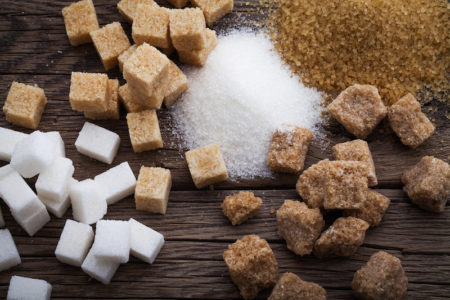Mars Wrigley offers progress update on its sustainable cocoa sourcing goals

Mars Wrigley has offered an update on its sustainable cocoa sourcing progress, which it began three years ago with its Cocoa for Generations strategy forming part of its responsible sourcing initiatives, reports Neill Barston.
As the business explained, it has been accelerating its efforts to gain its cocoa supplies from farms that have measures in place aimed at protecting children, preserving forests and improving farmer income.
According to the company, it is ‘making steady progress to identify the farmer groups’ and communities that supply cocoa, in line with its aim to achieve a deforestation-free supply chain for 100% of the cocoa we source by 2025. The venture represents a $1 billion investment over a decade to deliver on its sustainability supply chain goals.
In addition, since 2019, the business has been reporting how much of the cocoa we source is traceable to a country of origin, to a farmer group within that country, and to the individual farms supplying that farmer group.
Based on supplied farmer data, well over a third of its cocoa was traceable to farm level and more than 166 thousand total farm boundaries in our cocoa supply chain were polygon mapped by the end of 2020.
Furthermore, through its partnerships, the company has trained and sensitised nearly 115 thousand farmers on forest protection – an increase of 154% compared to 2019 – and distributed 1.2 Million non-cocoa trees to increase shade and biodiversity, more than double the amount compared to 2019.
These interventions are helping farmers grow more cocoa on existing farmland without encroaching on forests – and helping the company ensure we know where its cocoa is sourced from.
As the business noted, it can only truly understand the real impact of its efforts by hearing first-hand from the cocoa farming communities. Consequently, it has developed an interactive map detailing the names, locations and total number of farmers in each farmer group from which the company sources cocoa as part of its Responsible Cocoa initiative. This also includes Farmer Voices, an opportunity to discover the individual stories of men and women in the cocoa growing villages and communities.



